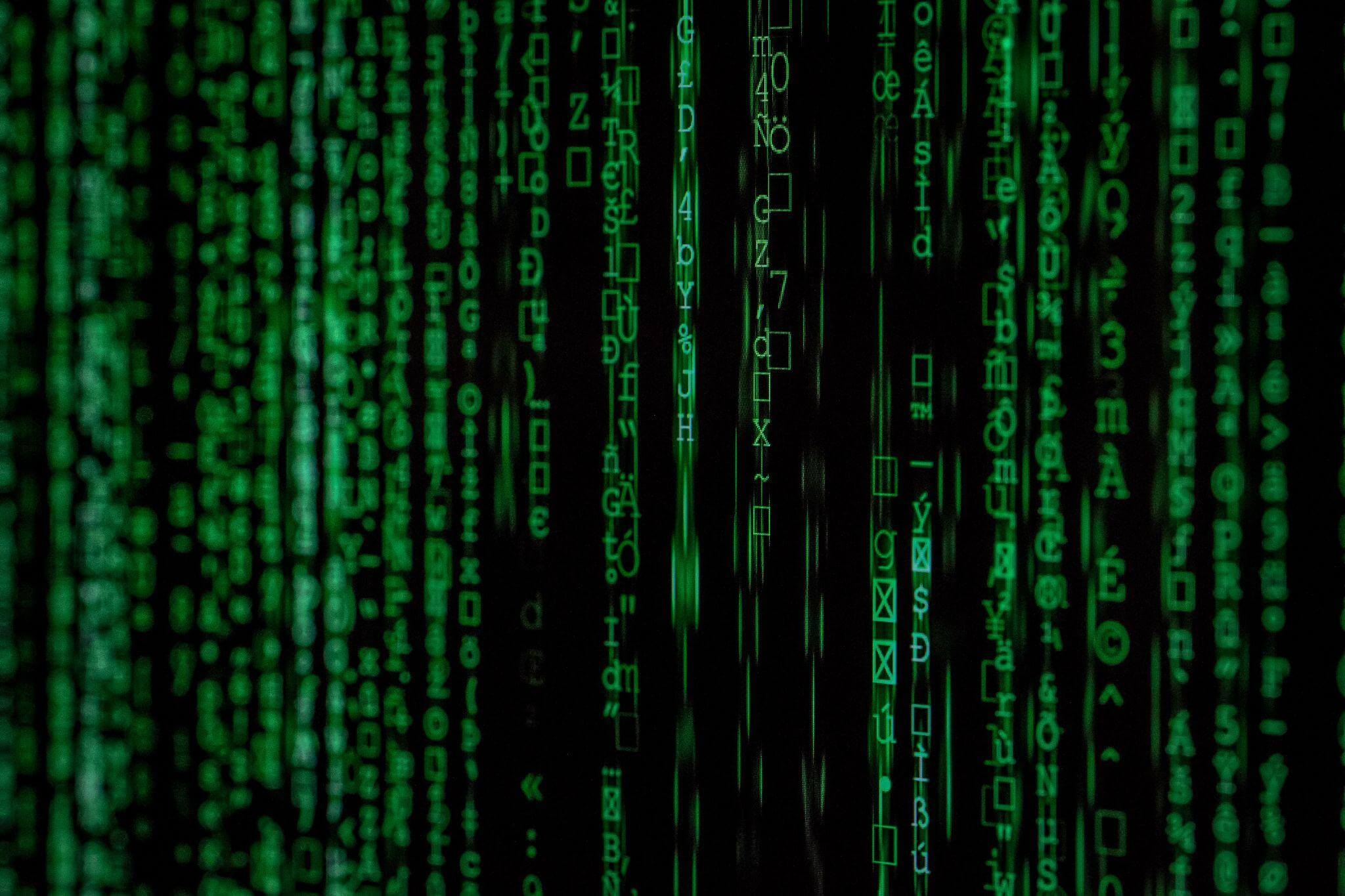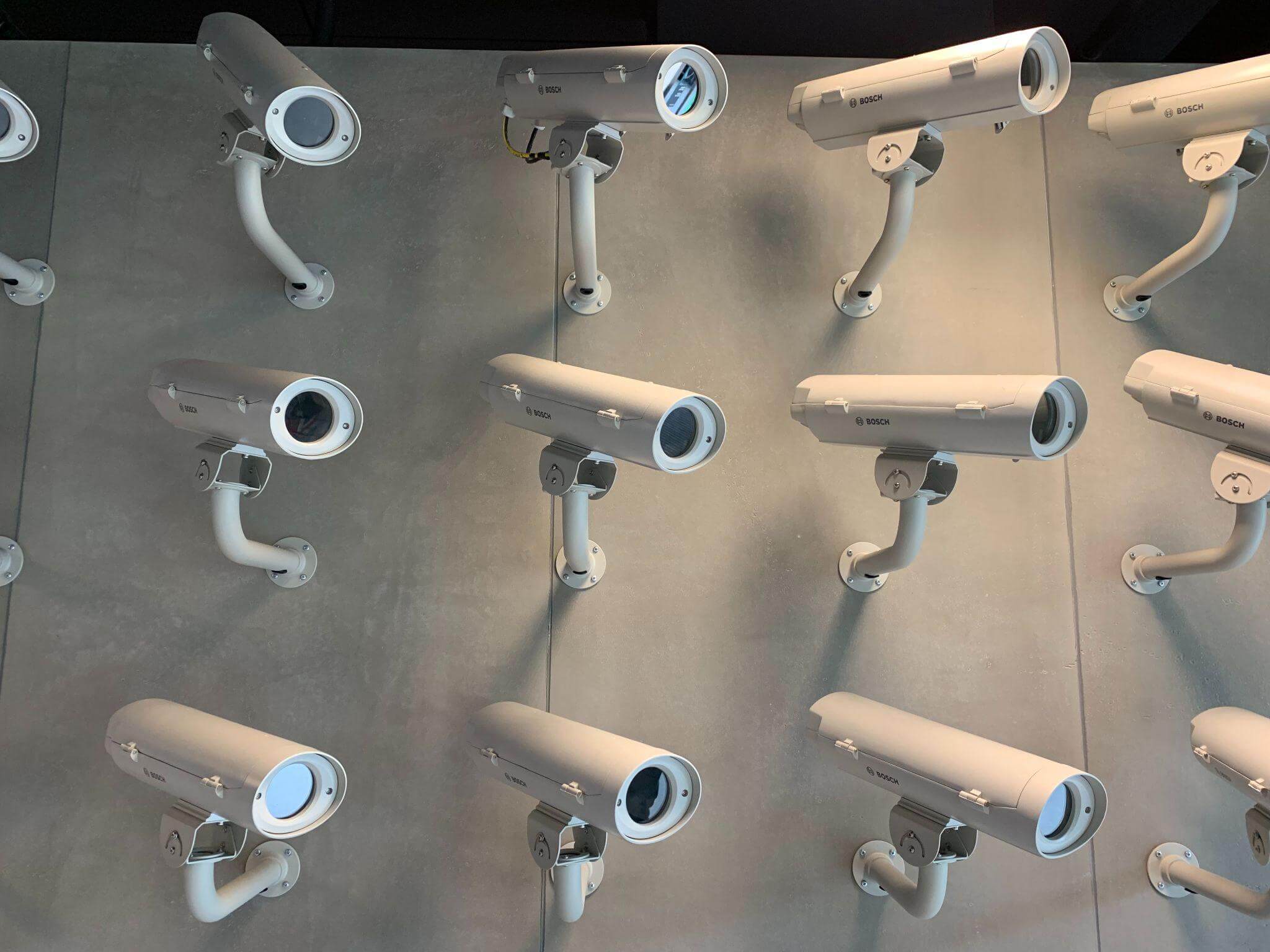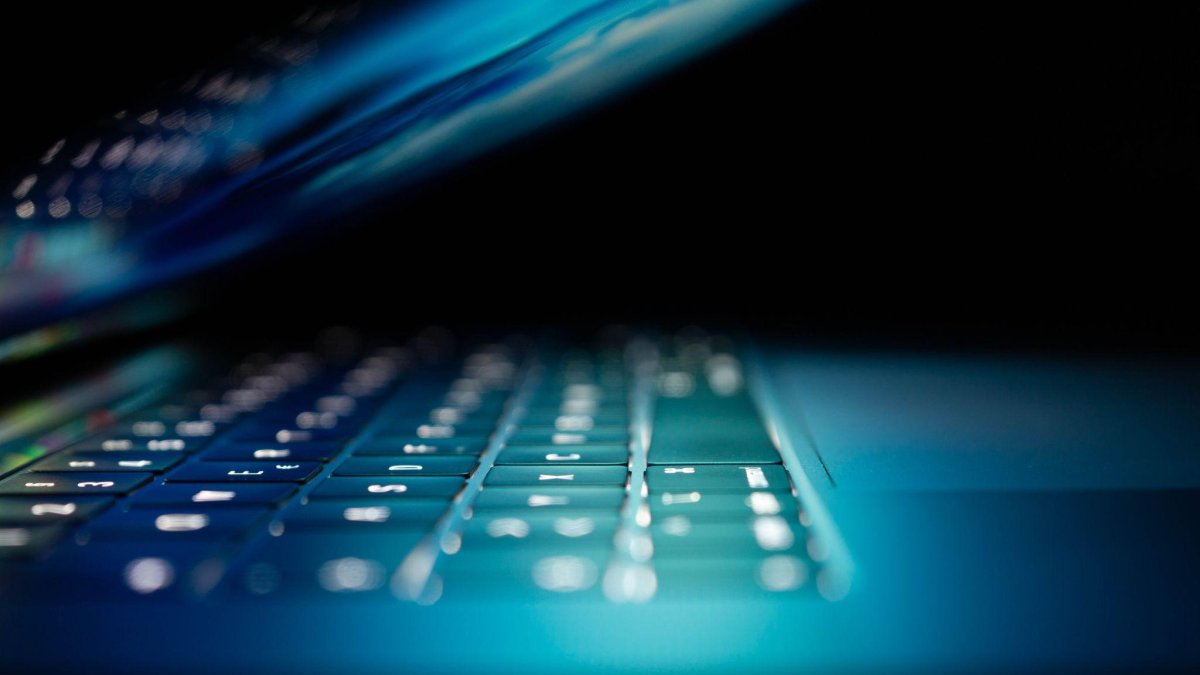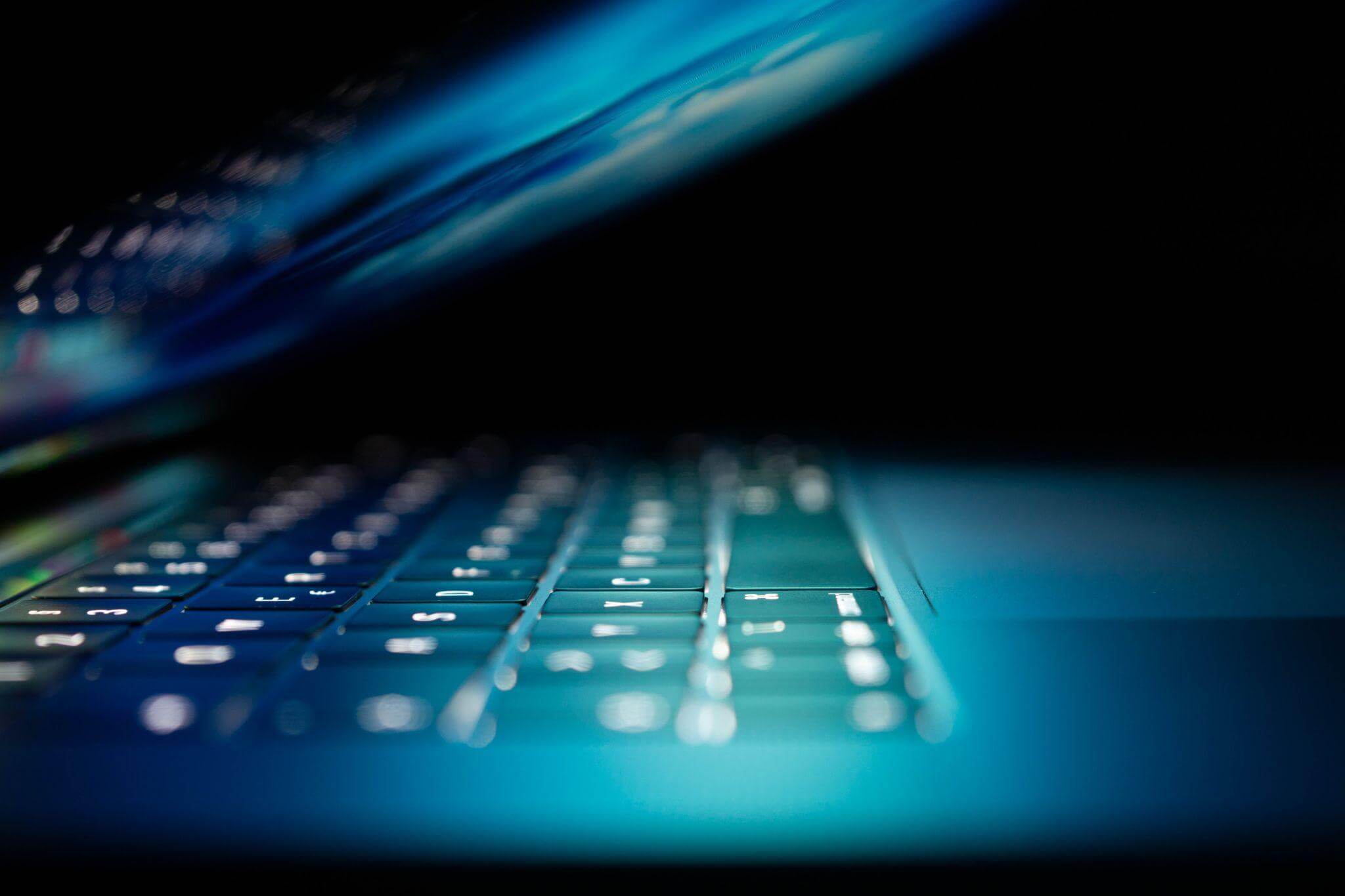In this day and age, computer hacks and data theft are more common than ever. Hackers and data thieves are finding new ways to steal data every day, and therefore we all need to take the proper steps to protect what is ours.
While some of these programs are made by popular software developers, there are a few free options you can choose if you want to save some money. Here are the best pieces of software you need to keep your computer secure.
Firewall
The first thing you will need to buy and install is a firewall. Well-known developers such as Norton have been making firewalls for years, and it is an important piece of software that all computers and laptops should have.
In essence, a firewall does what it says on the can; it creates a wall between your data and system and the outside world. It prevents unauthorized entry into your network and will alert you to any disturbances.
Antivirus
Most common computer viruses usually contain code or commands designed to make your system vulnerable to intrusion. The biggest problem with viruses is that you won’t always know your system has one, and you can also get them from almost anywhere.
An antivirus is designed to check every line of data and code in your system and find anything that shouldn’t be there. It will then alert you or delete the virus itself; regular virus checks will also ensure you don’t miss any problems.

Anti-Spyware Package
Spyware is a lesser-known but still very dangerous problem your computer could face. Spyware monitors what you are doing on your computer and can do anything from redirecting you to particular websites or monitoring every keystroke you use to find out passwords and login details.
While you can buy spyware software separately, it is often included in antivirus software; therefore, you should always ensure it is part of the package you are installing.
Password Manager
One of the most basic security steps you can take is to make all your passwords as random as possible and change them regularly. You don’t want to use passwords that include family or partner names, or birth dates, as all this information can be found online.
Password managers will keep all of your passwords in one place, and since you don’t have to remember any, as the manager will do it for you, you can make them as random as you want.
Encryption Software
If you have a lot of sensitive data stored on your system, whether it be a file full of banking or investment documents, or work-related data, the last thing you would want is for a data thief to get their hands on it; this is where encryption is a life-saver.
In simple terms, encryption software takes your data and makes it completely unreadable. Only the person with the encryption key (you) will be able to “fix” the data again to make it readable. Encrypted data is often incredibly hard to crack, and unless data thieves have very advanced tools and a lot of time, they won’t crack it either.
Bot Mitigation
Bots are a more recent threat to computer security, but there are already ways to stop them from doing any damage. Bots are automated “hackers” programmed to find data they can steal or find weaknesses in a computer’s security.
Bot monitoring and mitigation software will help you find any bots that could be on your system and eliminate them quickly. Once again, they would be challenging to find without software; therefore, a program that does it for you is essential.

Backup Software
If a hack was to be successful, you don’t want to lose your data forever. To stop this from happening, you can use a data backup software to ensure everything important on your system is secured and can be retrieved if needed.
If the software isn’t in your budget, there are multiple backup options that allow you to store your data in the cloud for free or for a very small monthly or yearly fee.
Martin Ellis
Related posts
Stay connected
Today's pick
- Things to Remember While Designing Your Custom Modular Kitchen in GurgaonGurgaon now known as Gurugram is the second largest city in the state of Haryana and is a reflectiossn of an ideal modern city with futuristic goals. Witnessing rapid urbanization, it has also emerged as a hub for contemporary homes, with homeowners seeking innovative and... The post Things to Remember While Designing Your Custom Modular […]


